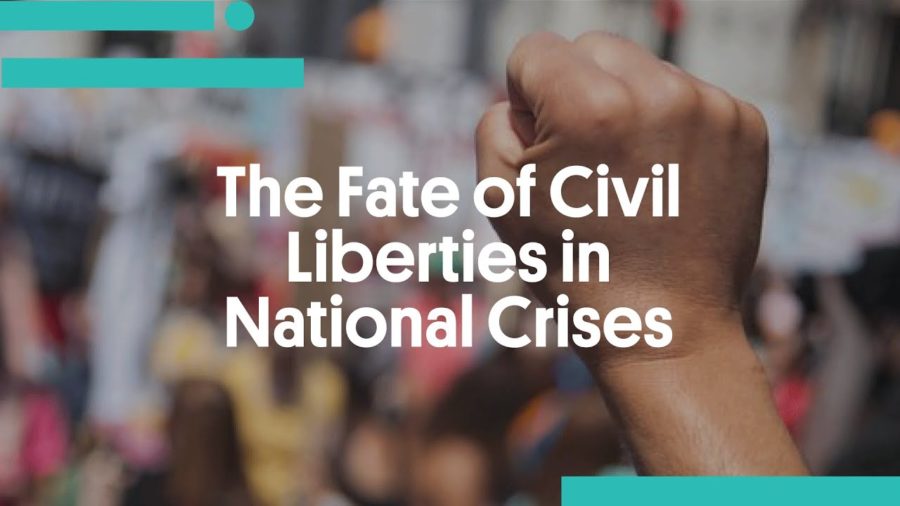The system I would want is I would want an assurance that if some extraordinary measure has to be put in place temporarily to deal with a temporary crisis, that the word “temporary” will in fact continue to apply. And I will add that this is a moment when I really wish we had a functioning Congress.
Archive
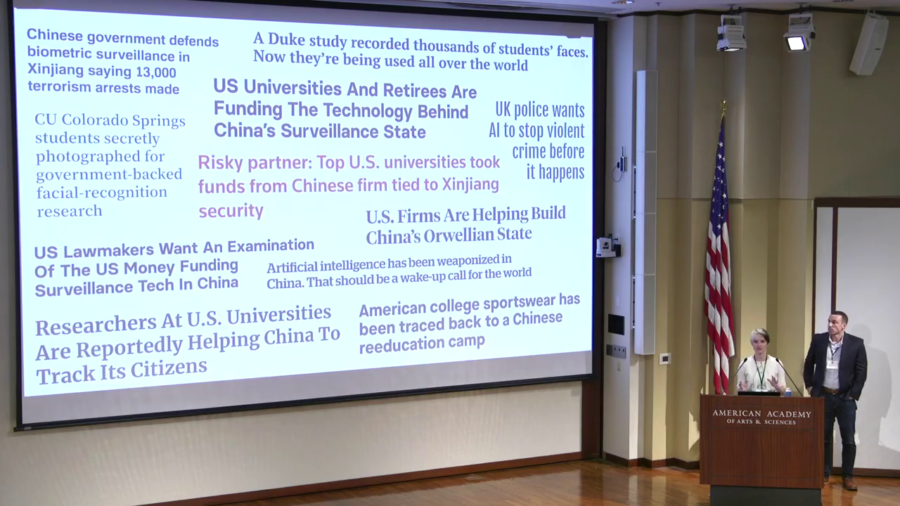
We wanted to look at how surveillance, how these algorithmic decisionmaking systems and surveillance systems feed into this kind of targeting decisionmaking. And in particular what we’re going to talk about today is the role of the AI research community. How that research ends up in the real world being used with real-world consequences.
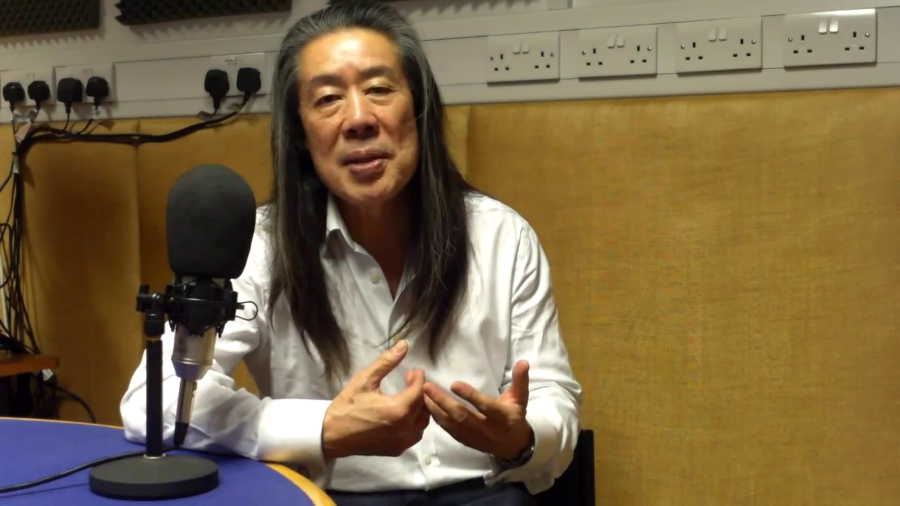
Hegel was a young lecturer at a German university at the time of the Napoleonic Wars. And the French armies were laying siege to his city and he had to evacuate. And he wrote to his friends afterwards, saying, “I have seen the future. The future comes on horseback.”
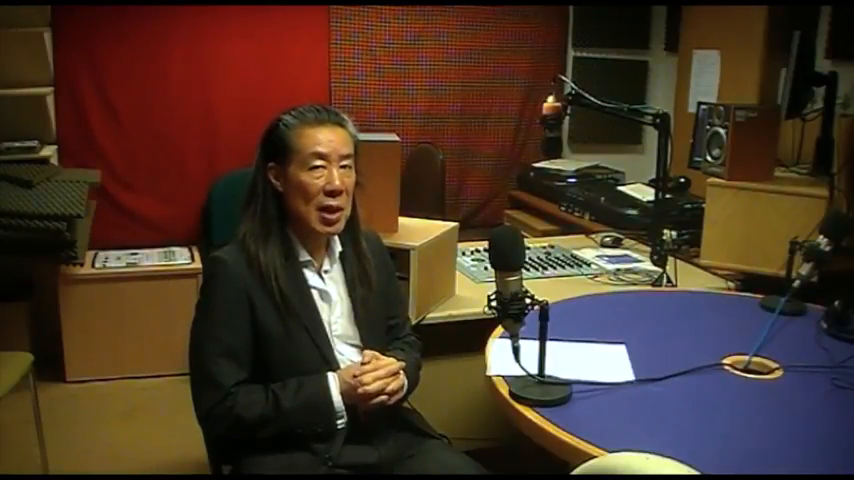
As we speak today, the Chinese authorities are cracking up a very very large-scale and what promises to be an incessant security drive in Xinjian Province in northwest China against what the Chinese government calls Islamic extremists. What in fact the Chinese government means is it’s launching a drive against dissent from the Uighur people who’ve lived there for centuries.
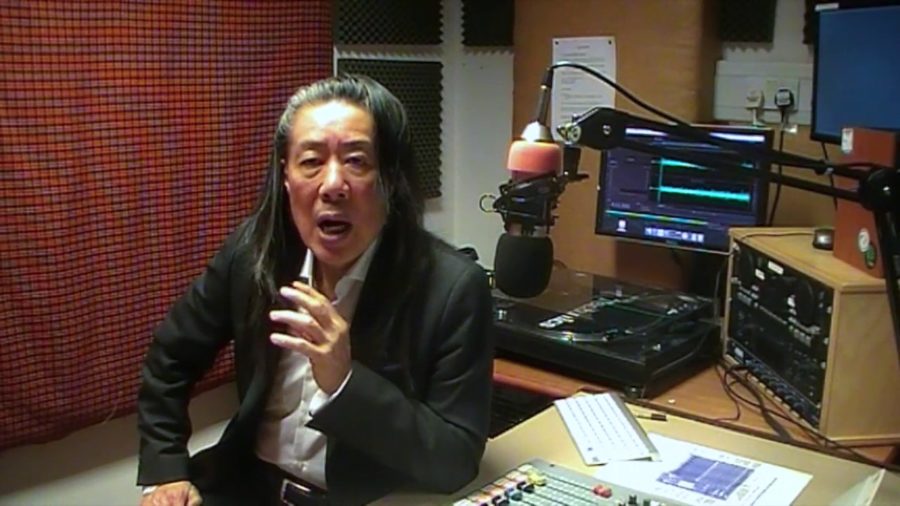
At the time when he lived in 500 BC, [Confucius] was the epitome of good governance. He was the epitome of progressive ways towards a peaceful and just order. And he pioneered many things that we would regard today still as extremely important.
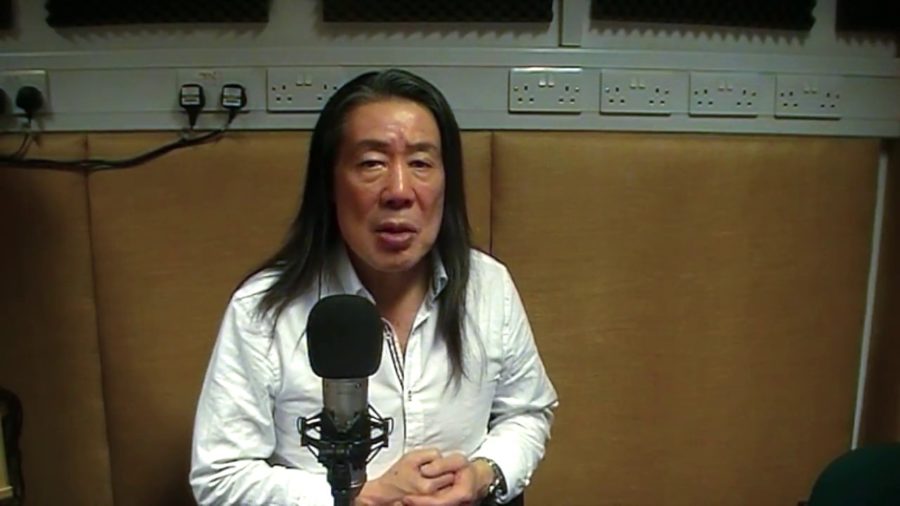
It seems a very strange thing to label Buddhism as something fundamentalist. As if by being fundamentalist it might also be accused of causing the same kind of carnage and difficulty that we associate with fundamental Islam. And yet the very gentle religion, the religion of peace, the religion of compassion, is also a religion which is just as capable as other religions of causing carnage, of causing atrocity, and causing great loss of life.
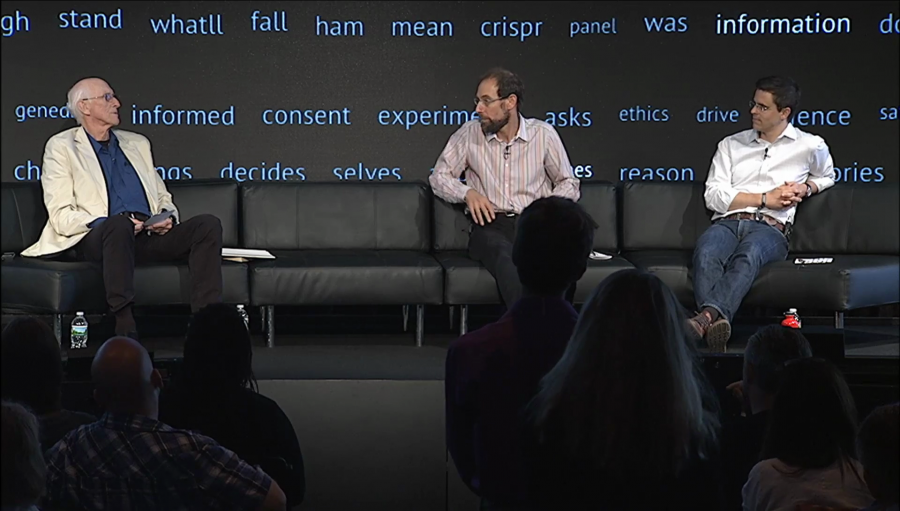
Solar geoengineering rests on a simple idea that it is technically possible to make the Earth a little more reflective so that it absorbs a little less sunlight, which would partly counteract some of the risks that come from accumulating carbon dioxide in the atmosphere. When I say technically possible, it appears that at least doing this in a crude way is actually easy, in the sense that it could be done with commercial off-the-shelf technologies now, and it could be done at a cost that is really trivial, sort of a part in a thousand or a part in ten thousand of global GDP.
I think at a fundamental level I just believe in human agency. And I think that everyone should feel like they can participate and shape the economy, rather than feel like they’re experiencing symptoms of the economy. When the recession happened, there was all this chatter around well, the Fed is going to do this. Or the banks are going to do this. And government is going to do this. And there was no narrative around what people are going to do.

